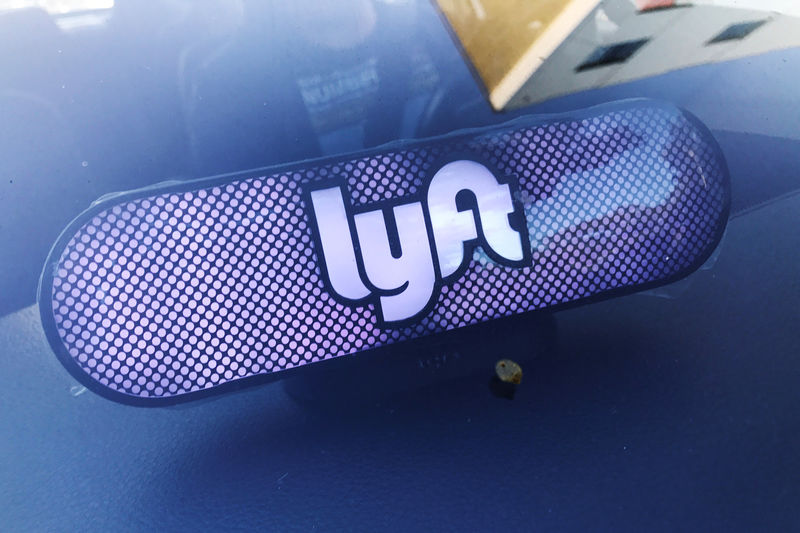EUR/USD likely to find a peak near 1.25: UBS
Jill Beggs, a director at Lyft Inc. (NASDAQ:LYFT), recently sold shares of the ride-hailing company, which has shown strong revenue growth of 31% over the last twelve months and maintains a market capitalization of $5.28 billion, according to a regulatory filing. On February 27, Beggs sold a total of 1,572 shares of Lyft’s Class A Common Stock, with a total transaction value of approximately $20,976. The shares were sold at prices ranging from $12.98 to $13.98 per share, with the stock currently trading at $12.66. According to InvestingPro analysis, the stock appears undervalued based on its Fair Value metrics, despite showing significant price volatility.
The sales were conducted under a Rule 10b5-1 trading plan, which allows insiders to set up a predetermined schedule for selling stocks, providing a defense against potential accusations of insider trading.
Following these transactions, Beggs holds 22,039 shares of Lyft, some of which are restricted stock units subject to vesting conditions.
In other recent news, Lyft’s fourth-quarter earnings report has sparked significant attention in the ride-sharing industry. The company reported an adjusted EBITDA of $112.8 million, surpassing the anticipated $104 million, and showed profitability with a GAAP Net Income and Free Cash Flow of $140 million. Despite these positive earnings results, Lyft’s guidance for first-quarter bookings growth has been tempered by competitive pricing pressures from Uber (NYSE:UBER), leading to revised forecasts by several analyst firms. Bernstein and DA Davidson both reduced their price targets for Lyft to $15, while RBC Capital Markets adjusted its target to $21, citing challenges in the fourth quarter but noting significant rides growth at the start of the year. BMO Capital also cut its price target to $15, attributing it to a weaker bookings growth outlook and the end of Lyft’s partnership with Delta Airlines (NYSE:DAL). Benchmark, however, maintained a Buy rating with a $20 price target, pointing to Lyft’s potential for growth and a new $500 million stock buyback program. Analysts have noted the challenges Lyft faces, such as aggressive pricing from competitors and the loss of key partnerships, but some remain optimistic about the company’s long-term prospects. Lyft’s investment in autonomous vehicle technology has been highlighted as a positive development, offering potential future growth opportunities.
This article was generated with the support of AI and reviewed by an editor. For more information see our T&C.
